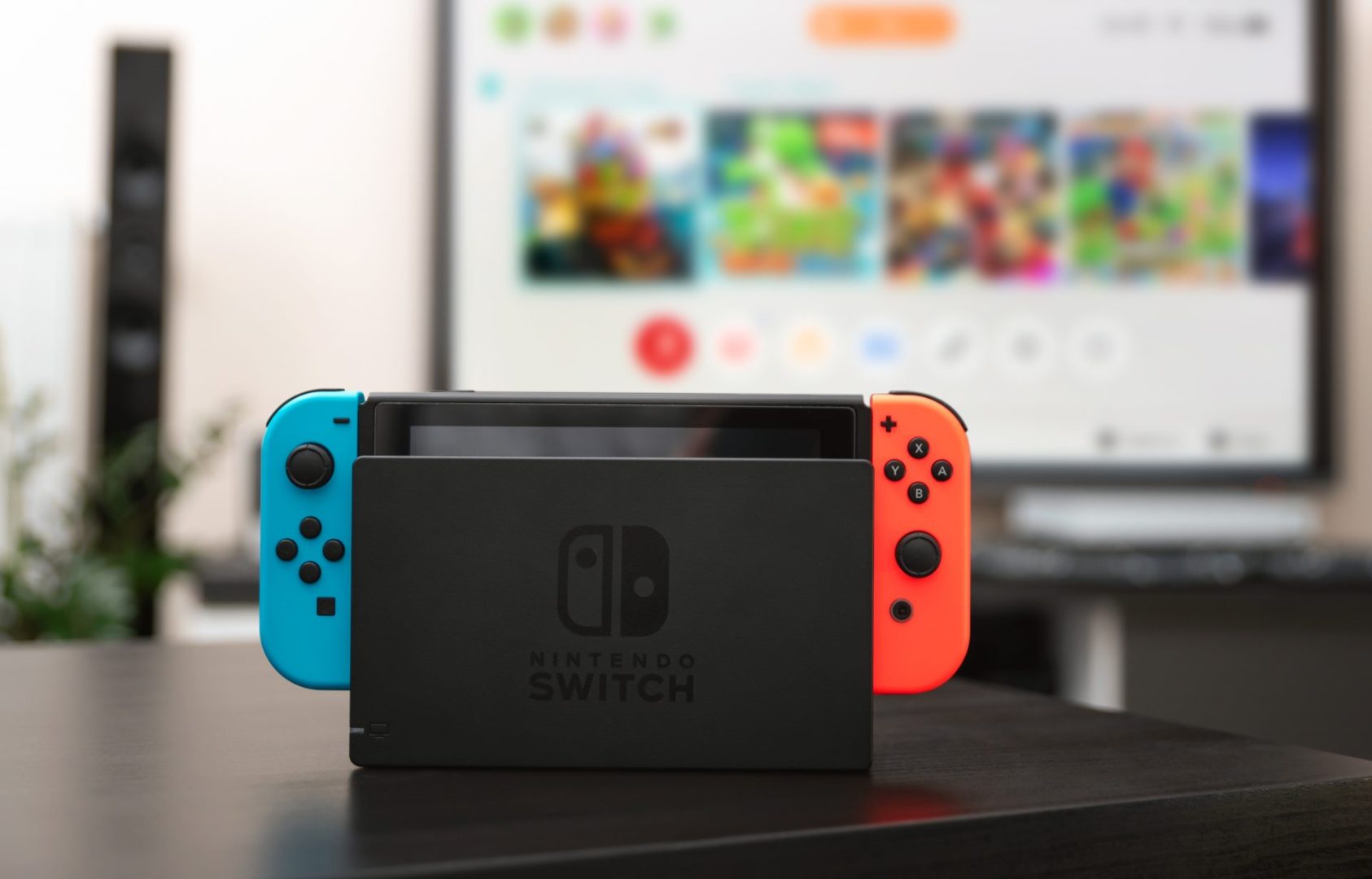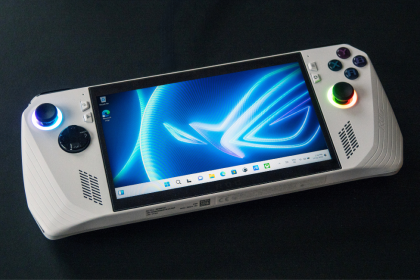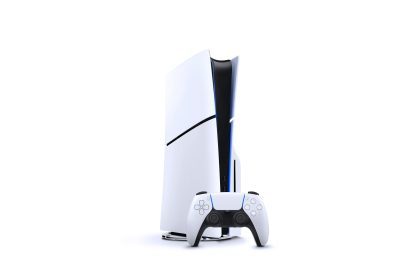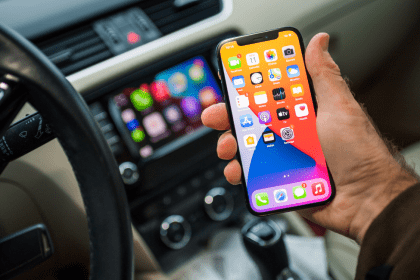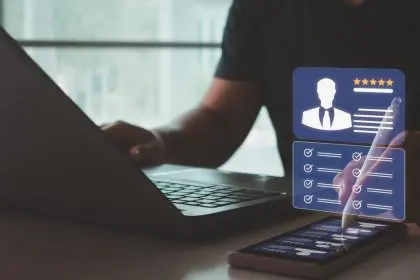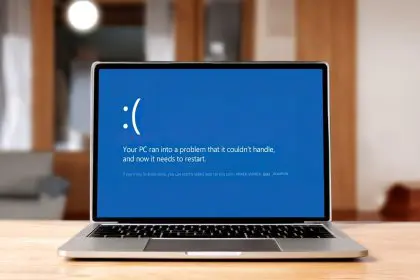Nintendo has reserved the right to render devices “permanently unusable” if users are filling them with pirated games. This aggressive anti-piracy measure comes as software piracy continues to impact the gaming industry with substantial lost revenue annually.
The Japanese games designer has wanted them that if those who play the Nintendo Switch without buying games through them, they can brick a console – a term used to describe a electronic device that is made completely unresponsive and can’t function or be easily repaired – as a punishment. Industry experts note that this represents one of the most severe anti-piracy measures implemented by a major gaming hardware manufacturer to date.
“You acknowledge that if you fail to comply with the foregoing restrictions, Nintendo may render the Nintendo Account Services and/or the applicable Nintendo device permanently unusable in whole or in part,” the new agreement reads. Legal experts have raised questions about the enforceability of such terms in certain jurisdictions, particularly in regions with strong consumer protection laws.
It is as-yet-unclear just how Nintendo will implement their bricking feature. Technical analysts suggest the company likely has multiple detection methods for identifying modified hardware and unauthorized software running on their systems.
The current privacy policy states: “If you or your device experiences an error, we collect information about the error, the time the error occurred, the application or features being used, the state of the application when the error occurred, and any communications or content provided at the time the error occurred.” This data collection potentially enables Nintendo to identify patterns consistent with piracy attempts or unauthorized modifications.
In a further update, the company told users that they may “monitor and record” their interactions with other users if their consent is given. This surveillance capability raises additional privacy concerns among both users and digital rights advocates.
“With your consent and to enforce our terms, we may also monitor and record your video and audio interactions with other users,” it said. This monitoring system appears designed to address both piracy concerns and potential online conduct violations, creating a more comprehensive enforcement mechanism.
Nintendo releases it’s new Switch 2 console in June. The upcoming release has generated significant anticipation with pre-orders already exceeding expectations according to industry estimates.
The company’s hardline stance against piracy comes after years of battling unauthorized distribution of their games. Nintendo has historically been particularly aggressive in protecting its intellectual property, filing numerous takedown notices and lawsuits against websites hosting pirated content.
Consumer advocates have expressed concern about the broad language in Nintendo’s updated terms, noting that it could potentially affect users who unknowingly purchase modified consoles secondhand. Digital rights organizations have called for more transparency regarding how Nintendo identifies violations and what appeals process might exist for affected users.
The gaming community’s reaction has been mixed, with some supporting Nintendo’s efforts to protect developers and legitimate players, while others criticize what they see as overreaching control over purchased hardware. Social media analysis shows predominantly negative sentiment toward the policy change across major platforms.
Security researchers point out that similar anti-piracy measures implemented by other companies have sometimes affected legitimate users due to false positives in detection systems. Past incidents in the industry have seen innocent users temporarily losing access to their purchases due to algorithmic enforcement errors.
The financial implications for Nintendo are significant, as piracy directly impacts their bottom line. With digital game sales now representing a substantial portion of the company’s revenue, protecting this distribution channel has become increasingly crucial to their business model.
Nintendo’s policy update also reflects broader trends in digital rights management across the technology sector, where companies continue to assert greater control over devices after purchase. Consumer ownership rights versus manufacturer control remains a contentious legal area with varying standards worldwide.
Industry analysts note that Nintendo’s approach contrasts with competitors like Microsoft, which has focused more on making legitimate game access more affordable through subscription services rather than punitive measures. This philosophical difference highlights diverging strategies in addressing software piracy.
The company has a history of successfully litigating against major piracy enablers, winning substantial damages against ROM site operators in past legal battles. This new policy appears to extend their anti-piracy efforts directly to end users rather than just distributors of unauthorized content.
Legal experts suggest that actual implementation of the “bricking” capability will likely be reserved for the most egregious cases, as mass disabling of devices could potentially trigger class action lawsuits in multiple countries. The coming months will reveal how aggressively Nintendo plans to enforce these new terms.

